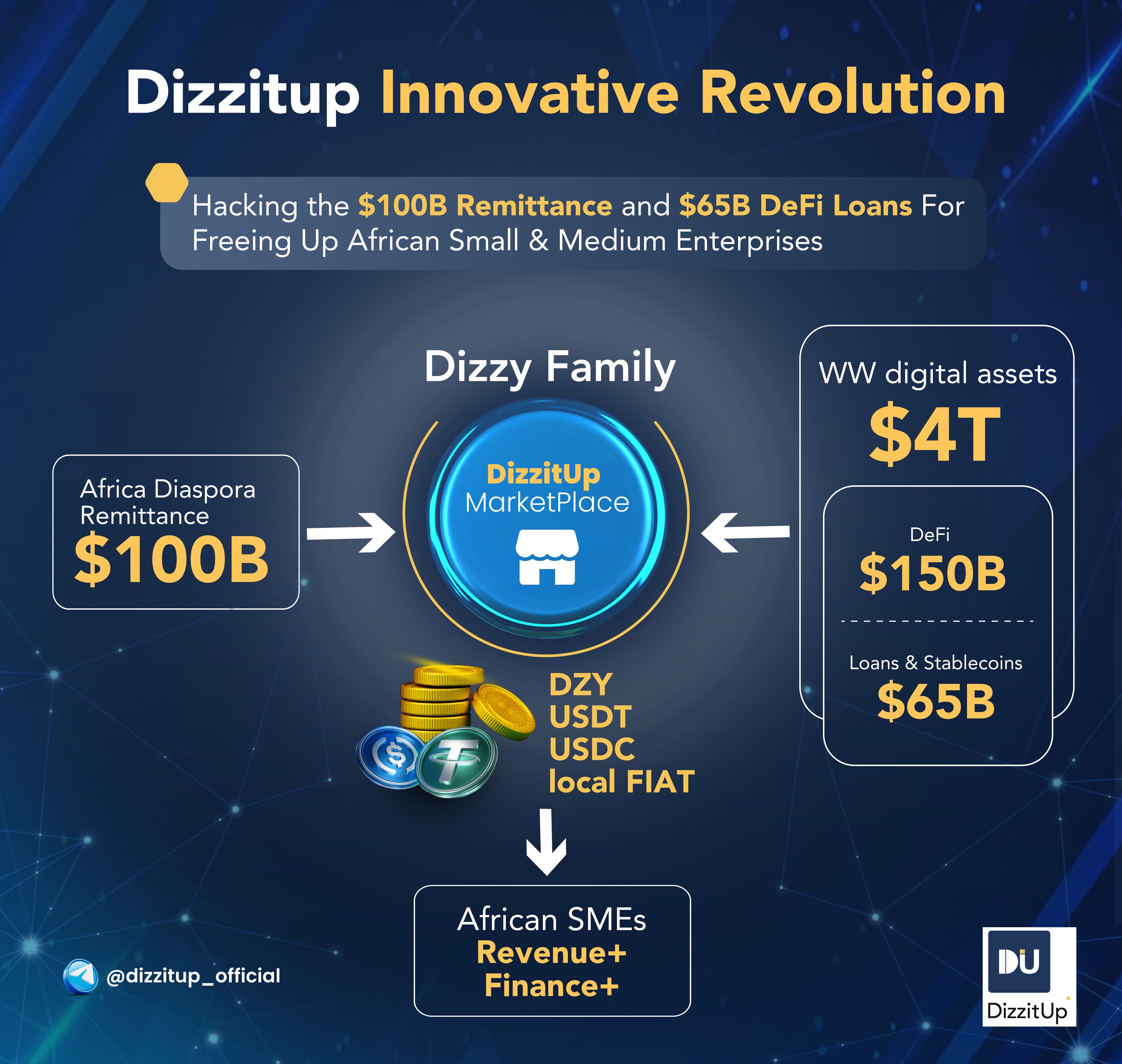Progress for 0 ad
Progress for 1 ad
Progress for 2 ad
Progress for 3 ad

Partner Content
Addis Ababa, Ethiopia

Every year, hundreds of thousands of Africans migrate off the continent in search of better opportunities. With over 200 million people of African descent estimated to live outside of Africa, the African Diaspora community is the largest in the world and continues to grow. These expatriates send over $100 billion annually to their loved ones back home, mostly through personal transfers. Yet despite the sheer volume of money flowing in, the lack of financial services tailored to low-income households means it rarely translates into meaningful, lasting change for working families. Small business owners, who account for nearly 60% of the continent’s GDP, barely get a slice of the pie.
One intracontinental startup is looking to bridge that gap by leveraging emerging technologies such as blockchain and stablecoins to unlock a new age of financial services and community-based wealth creation for African small businesses. Co-founded and led by Mr. Solofo Rafenombolatiana, a Madagascar native with decades of business experience across the continent, DizzitUp is building a completely innovative embedded finance digital platform for empowering Africa SMEs, which are very often overlooked by governments, policy makers and the entire banking industry of the continent. The CEO believes that long-term economic growth in Africa hinges on expanding inclusive and easy-to-use financial services for merchants.
“Most financial institutions have served only big corporations and governments, DizzitUp is creating access to finance and wealth to the underbanked/underfinanced in Africa” Solofo says.
He highlights the vast opportunities in remittance inflows, which are nearly double the amount provided by official development assistance around $61 billion in 2023. Solofo notes that the pocket-to-pocket transfers typical of traditional remittance channels often cover no more than emergency spending or short-term consumption. He envisions a system where these transfers directly pay for goods and services offered by small business owners, or cover essential bills such as utilities, mobile top-ups and school fees for families back home. Such a shift, he argues, would mean more revenue for businesses, greater tax income, and stronger GDP growth across African economies.
A Multilayered Approach
DizzitUp’s mission is rooted in community wealth building and small business empowerment across Africa. In addition to enabling payments through cards, crypto, or mobile money, often at lower fees and faster settlement, the platform also introduces its own DZY token.
DZY, a standard ERC-20 fungible token, is both a crypto and reward token which powers DizzitUp’s DizzyFamily ecosystem. Users can earn DZY through everyday purchases, referrals, and merchant settlements, creating a seamless link between digital finance and real-world commerce. The token can be used for payments, staking, and remittances, or easily swapped for stablecoins such as USDC and USDT, as well as major cryptocurrencies like Bitcoin and Ethereum. Designed for accessibility, DZY supports both cash-in and cash-out through African mobile money networks. Its built-in auto-burn and buyback mechanisms ensure a deflationary structure, preserving long-term value while driving sustainable adoption across the continent.
“We have created a community-based platform that connects the diaspora, local merchants, and African youth,” Solofo says.
The token is set to fully launch in the early months of next year. DZY forms a core part of DizzitUp’s broader vision to build a pan-African community of mutual empowerment. Whitelisting, airdrops, private token sales at discounted rates, and a public listing are scheduled to roll out consecutively
Tokens valued at around $3 million will be airdropped soon, divided equally among African diaspora communities, African residents, and crypto asset holders worldwide.
DizzitUp’s tokenomics are anchored on a one billion DZY token supply, designed with a deflationary model to sustain long-term value. The distribution reflects the company’s commitment to sustainability and community empowerment: 40% is allocated to community rewards and loyalty programs, 20% to platform development and operations, 20% to liquidity and reserves, and 10% to private and public token sales. This approach ensures balanced growth while rewarding early adopters and long-term participants alike.

“We want to be as transparent as possible and create value for its users,” Solofo says.
As DizzitUp continues to layer its services into a cohesive ecosystem, early interest is already evident. More than 3,000 businesses, 200 mobile service providers, and 20 electricity providers across multiple African countries have joined the platform. The CEO aims to onboard over 70,000 merchants by the end of next year through a network of community merchant developers and an ambassadors program. For Solofo, this figure is only the beginning compared to the hundreds of millions of small businesses operating across the continent.
Several layers of service converge within DizzitUp’s offering to empower small businesses. A key feature seeks to free entrepreneurs from the constraints of traditional banking by providing uncollateralized, revenue-based instant loans in stablecoins. Financing remains a major hurdle for Africa’s SMEs, with the funding gap estimated between $331 billion and $420 billion. DizzitUp’s decentralized infrastructure, connected to the DZY token, aims to be the first of its kind on the continent offering relief for small businesses.
“It will be a disruptive and powerful tool,” the CEO notes.
DizzitUp is strategically positioned at the intersection of Africa’s $100 billion remittance market and the $150 billion DeFi sector, seeking to bridge the two through tokenized finance. By combining digital payments, decentralized lending, and community-driven liquidity, the company envisions a financial ecosystem that channels diaspora capital directly into productive local enterprises. Its long-term goal is to unlock $1.2 billion in financing for small and medium-sized businesses by 2031, leveraging DZY to fuel inclusive growth and empower entrepreneurs across Africa.
Ethiopia will serve as the launch point for DizzitUp’s ambassador program, which will mobilize 300 African business leaders, across the 54 African countries, to engage institutional partners, a diaspora community managers initiative, and a merchant developers program. A diverse, multinational team is driving DizzitUp’s mission to make financial inclusion a shared reality for the continent.
Like with the recent move made by Morocco to embrace crypto and DeFi, Solofo is convinced that regulatory environments across the continents evolve in line with the opportunities presented by emerging technologies. He envisions a future where innovation in fintech and blockchain truly empowers Africans.
To follow DizzitUp’s launch on and learn more:
👏
😂
❤️
😲
😠
Partner Content
Partner Content is a collaboration between us and our partners to deliver sponsored information that aligns with your interests.
Your Email Address Will Not Be Published. Required Fields Are Marked *